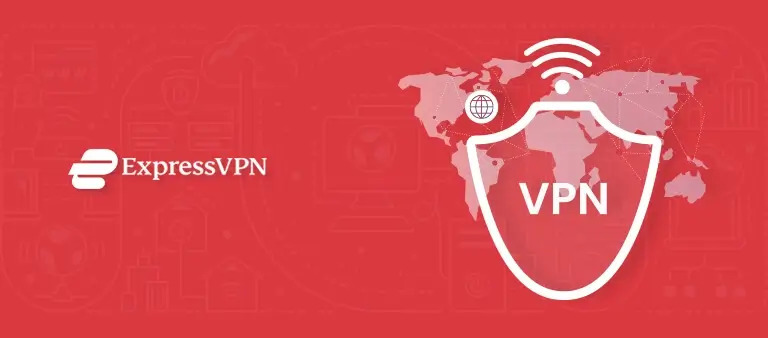

- #Vpn router for home install#
- #Vpn router for home update#
- #Vpn router for home software#
- #Vpn router for home Pc#
The best way to avoid this is to make sure your aiming to install DD-WRT on a router that's not only supported (check that link above), but has been supported for a good long while, too. The only downside of using your router this way is that you can void your warranty, or worse, render the router completely inoperable if things go very wrong.
#Vpn router for home update#
Most folks, however, will stick to installing DD-WRT on their compatible router, which is not only what it's intended to do, but also a great way to update and expand your networking capabilities. This does take a bit of additional work, but if you've got the chops, it's a great way of building yourself a highly customizable and very capable router without much added cost.
#Vpn router for home Pc#
You can check to see if your particular router is supported here.Īlternatively, you can turn an old x86 PC into a router by adding an extra network port via an expansion card and then installing DD-WRT on that. DD-WRT is the more mature of the two and works on many routers, both old and new. The most popular of these is DD-WRT, though another option is Tomato if you have a Broadcom-based router. While that's great, you're probably happy with your current router and dropping the bucks for a whole new router just to get a VPN client might not be an attractive option.This leaves you to hunt for an alternative firmware that'll support either OpenVPN or your chosen VPN provider's client. But those clients usually aren't universal, so you'll need a router from the VPN provider's compatibility list. There are also a few (though growing) number of VPN providers who've taken on the task of making sure you can install their VPN client on a router's firmware (more on that below). Some of the more expensive routers will support VPNs using those features, especially if the manufacturer is looking to sell them into small businesses as well as homes. It's also not a lightweight chore to configure. Today, while some routers support connecting to VPN services via OpenVPN or the Point-to-Point Tunneling Protocol (PPTP), you probably won't find this feature on most consumer-oriented routers. With a VPN client on your router, anyone using your local network to browse the web or access a cloud service will automatically be using the VPN because they can't get out to the internet without jumping through that always-on hoop. That's when you opt for installing a VPN client on your wireless router.
#Vpn router for home software#
That's the draw of a VPN: You get all those benefits just by installing a simple web client on your device and making sure it's active before starting any other web or cloud session.īut if your home has multiple devices, especially if you think some of them might be running connected software that starts before you've even had a chance to activate your VPN, something more constant might be required. Combine that with anonymization, and you've got a scenario where your location is hidden and your individual encrypted traffic stream is ridiculously difficult to pick out because your stream of encrypted gobbledygook is one of hundreds or thousands of other streams of encrypted gobbledygook pouring into and out of that same server farm. VPNs can use a variety of different encryption methods, but the most popular is the AES 128-bit or 256-bit standard. Even better, just like you, hundreds or thousands of people will be doing the same thing off the same server.īut VPNs do more than anonymize your session. That means when cookies or Big Bad Government Agencies try and trace you from your web activities, they'll find the VPN provider's server, not you. That's because you're logging into a server operated by the VPN provider and then running your web sessions from there. First, they make your computer appear as if it's in a geographic location other than where you actually are. VPNs are internet security must-haves for a number of reasons. But while you can't get around installing separate antivirus software on every device, you can at least make your virtual private network (VPN) concerns less aggravating by skipping the per-device procedure and simply installing a blanket VPN on your router.

That's not just a worry, it's also a chore since you'll need to install protective software on all those devices.

From telecommuting to simply watching your favorite show on a smart TV, the average consumer's attack surface is three to four times the size as when most of us had only one PC. These days, you need as much internet security as you can get.


 0 kommentar(er)
0 kommentar(er)
